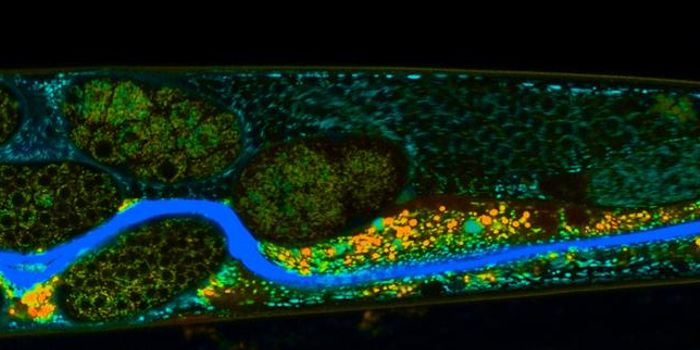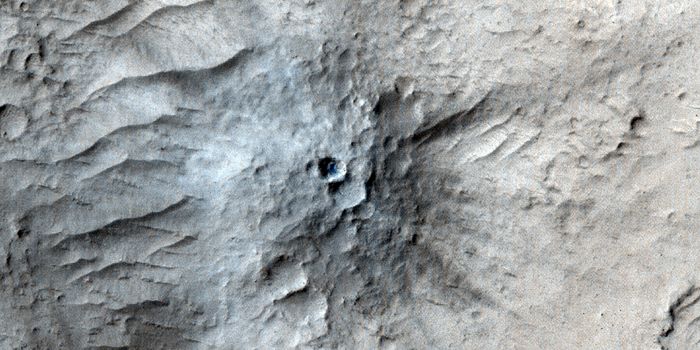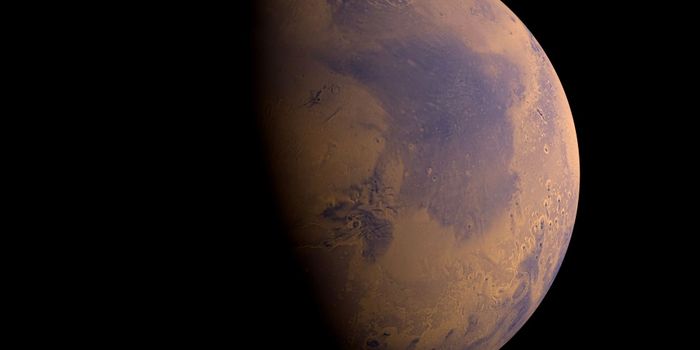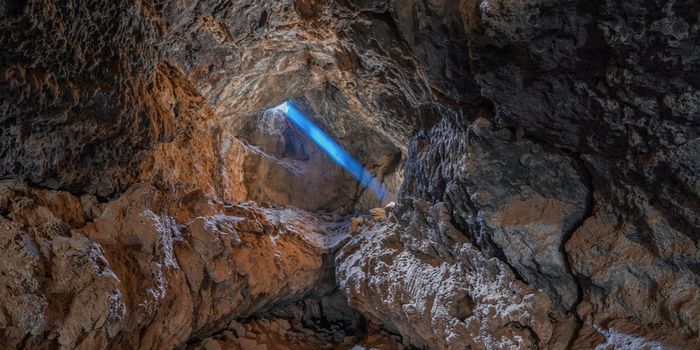A Massive Nevada Lithium Reserve, the Subject of Studies, Legal Fights, & Extractions
Lithium is a soft metal element, and demand for it is increasing significantly because it is being used in the transition away from fossil fuels and towards renewable forms of energy. Demand for lithium that will be used in batteries for electric cars alone is expected to increase 30 percent per year, every year until 2030 at least. There is also no simple answer to the question of how long electrical car batteries will last, and it seems clear that we will have to keep producing them for as long as people continue to drive. Lithium-ion batteries are also used in a host of technologies including toys, power tools, and mobile phones, for example.
Obtaining the lithium we need will mean mining and extracting it from the earth. A new paper reported in Science Advances has outlined the formation of lithium deposits in an area known as the McDermitt Caldera, which sits on the border of Nevada and Oregon. This region, which is about 35 by 45 kilometers in size, is thought to be related to the Yellowstone hotspot, and it may have originated about 19 million years ago after a volcanic eruption.
The eruption is thought to have created many materials. The volcano heated a lithium-rich fluid that washed over minerals, which absorbed the lithium. Now, a company wants to obtain those minerals and extract the lithium it holds. In the study, the investigators identified a specific area of the caldera called Thacker Pass, which they think contains the most lithium. They have also suggested that other calderas which formed under similar conditions may also hold large lithium reserves.
The company has claimed that their efforts at mining the lithium in the McDermitt Caldera will be more environmentally friendly than current lithium mining techniques which often require a lot of fossil fuels, or consume a lot of fresh water, often in arid regions. Instead, the company wants to turn the minerals containing the lithium into a slurry. The different parts of the slurry would be separated, and some of it would be emptied into the pit created by the extraction. Sulfuric acid would have to also be used to separate the lithium from the other materials. Waste, or tailings created by this process will also be put back in the pit. The mine may operate for as long as 46 years.
The extraction of the lithium in Thacker Pass has set off challenges from tribal leaders and nature conservations. Tribes that call the area home have said that for them, Thacker Pass is sacred site, and was also the site of a massacre of native Paiute families in 1865. They are also distressed that they were not adequately consulted by the Bureau of Land Management, which oversees the area. The Biden administration has won out, however. Permits have been issued by the Nevada Division of Environmental Protection (NDEP) and after challenges, and work will continue at the site.
Source: Science Advances









